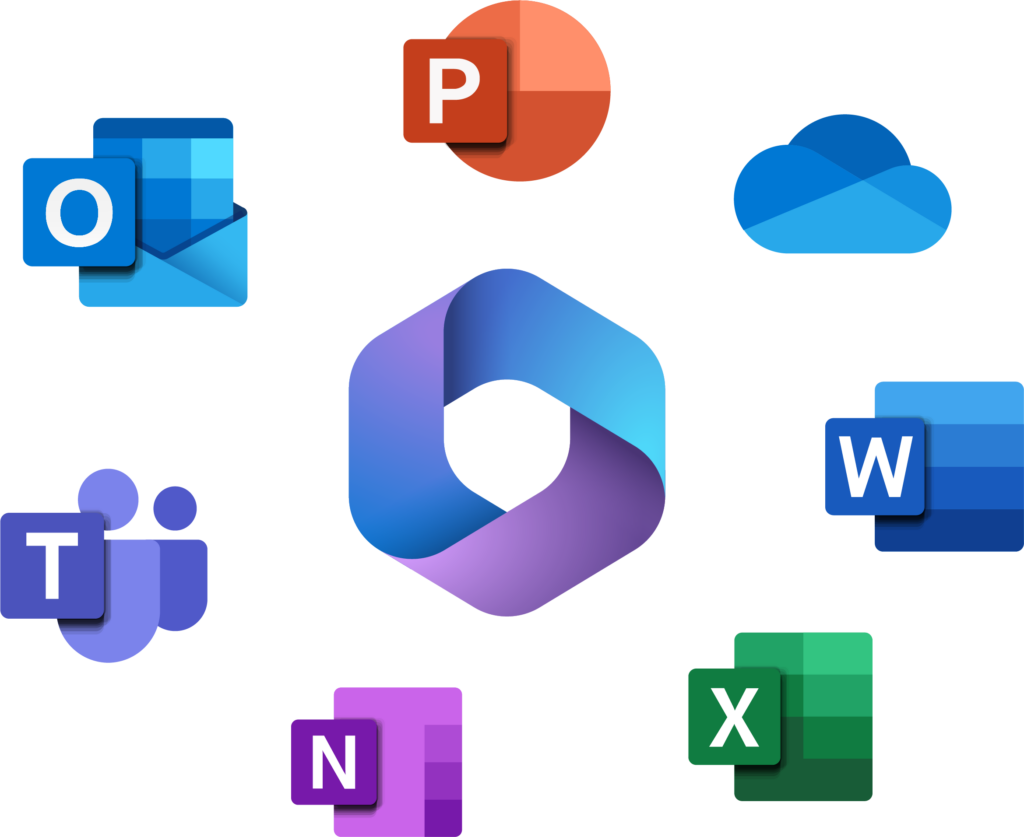
Microsoft has officially announced a significant new phase in its Microsoft 365 Copilot offerings, marking a major leap in integrating artificial intelligence across its product suite. This new wave of innovation includes the introduction of advanced capabilities, with a strong focus on business efficiency and creativity. The announcement reveals Microsoft’s commitment to enhancing user experience by delivering AI-powered tools designed to streamline tasks across the Microsoft 365 ecosystem, including Excel, Word, Teams, and Outlook.
Central to this latest update is the enhanced integration of AI, powered by GPT-4 Turbo, which is now embedded more deeply within Microsoft 365 applications. This allows users to generate content, analyze data, and collaborate in more intelligent and contextually aware ways. The Copilot update aims to make everyday tasks more intuitive, from drafting emails to automating complex calculations in Excel.
Microsoft is rolling out a new feature called Copilot Studio. This tool allows organizations to customize and fine-tune how Copilot operates within their workflows, offering more control over its functions. Businesses can now build tailored AI models to address specific needs, a feature likely to attract enterprises looking to automate repetitive or specialized processes. This customization capability is expected to be a game-changer, especially for industries with unique demands.
One of the standout updates is the introduction of Python within Excel, which now enables users to create more complex data models and visualizations. This addition is particularly aimed at data professionals, offering them the ability to conduct sophisticated analyses within the familiar Excel interface, further blurring the lines between traditional office software and advanced programming environments.
The new Copilot features are being seen as part of Microsoft’s broader strategy to solidify its position in the competitive AI and cloud market. By offering AI functionalities directly within tools already widely used in businesses and educational institutions, Microsoft is effectively placing artificial intelligence at the core of everyday work. This evolution is expected to significantly boost productivity, helping users automate mundane tasks and focus more on creative and strategic initiatives.
Another key element of this update is the AI-powered collaboration tools introduced within Microsoft Teams. With Copilot integration, Teams users can now create meeting summaries, suggest next steps, and even analyze conversation trends to provide actionable insights. This is aligned with the growing trend of integrating AI into collaboration software to better accommodate hybrid and remote work environments.
Microsoft’s move comes at a time when AI is becoming an integral part of digital transformation strategies across industries. The company has seen an increasing number of enterprises and small businesses embracing Copilot since its initial introduction. Feedback from around 1,000 customers has led to over 700 product updates, ensuring that Copilot’s development is closely aligned with the needs of its users. This focus on real-world feedback has allowed Microsoft to fine-tune its AI tools, offering a more responsive and useful product.
As part of its ongoing innovation, Microsoft is also bringing enhanced image-generation capabilities to its Microsoft Designer tool, allowing users to create high-quality visuals using AI. This reflects the broader trend of AI’s growing role in creative tasks, making it easier for users to generate professional-grade content without the need for specialized design skills.
Looking forward, Microsoft’s roadmap for Copilot includes further integration of natural language processing and automation. The company is positioning Copilot not only as a productivity tool but also as a partner for decision-making processes. With these advancements, Microsoft is expected to further enhance how businesses leverage AI for both day-to-day operations and high-level strategic planning.



